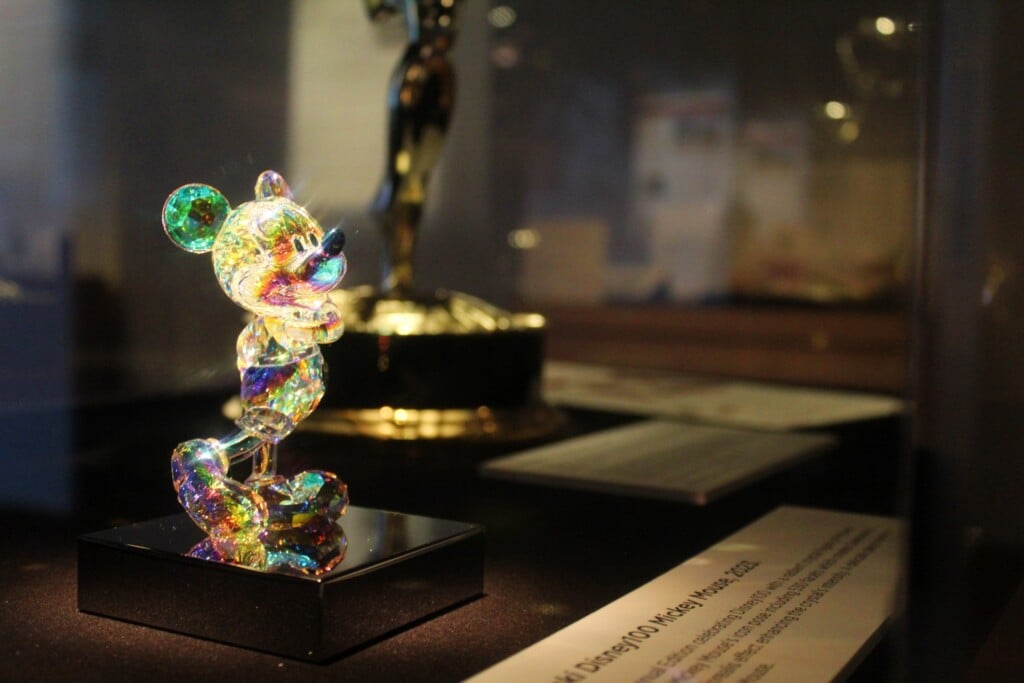Painful Karma
Last Friday night, I found myself tempted to flee and forget the series of one-act plays that were lumbering out and expiring before me. I’m not the type to relish watching sacks of kittens being chucked into a river.
In a Lawrence basement thick with sweat and hubris, I suffered through Junkyard Dogma, EMU Theatre’s seventh-annual festival of new local plays. They were supposed to clock in at 10 minutes or less, but most of them swelled to 15 or 16 or 20, or however long it takes for a bloated play to swallow your brain and then shit it back out, stupid, stinking and waving a flag of surrender.
After three plays, my palms itched. My mouth clenched. I made deals. I’d dash out at intermission, pretend the show had never happened. I’d slink home, hide under a blanket and find something else to write about this week. I could see Menopause again, right?
I sucked each justification like a lozenge. Why bother gutting a show nobody’s seeing? What good is it to attack amateurs just dipping their toes in it?
I’m sure that none of the 20-odd folks in attendance expected greatness, but optimism flickered through the crowd before the show. Friends and neighbors of the writers and actors laughed as they greeted one another. All of us sat primed to learn what was on the community’s mind, to see the state of art, to cheer on those of us who had dared to create.
Instead, we hurt. And fought down giggles. And got headaches. And dreamed of hearing words spoken unstilted, of actors who could show us more than one emotion at a time, of scenes between strangers that didn’t result in one person being shot or a character being a spy or an assassin or someone who talked on and on about maybe being a spy or an assassin while songs from Tarantino soundtracks stopped and started clunkily in the background.
One play that beggared the imagination concerned a hitchhiker who turns out to be death herself. After jawing on about nothing for several hundred miles, she claims the life of the motorist who has picked her up, a twist that neither surprises nor tells us anything about life, death or driving. Why would Death be impish or flirtatious or consent to road-trip through Ohio? If the corpse-to-be hadn’t pulled over, would Death have caught him at the tollbooth or a drive-through window? And if Death is reduced to car-pooling, why wouldn’t she ask him to haul ass someplace where she has business? Like Baghdad? Or — based on the evidence here — our communal store of ideas worth dramatizing?
By that time, only one play stood between me and intermission: “A Skeleton in the Closet.” Despite the wheezy cliché of a title, the premise was not without promise: Two nameless characters awake in the kind of featureless void where nameless characters typically wake. The existential nightmare benefits from a Mendelssohn dirge and some neat blocking. One character speaks half a line, and the other finishes it. We wonder if they’re in the same space but at different times or if they’re split halves of one person. Unfortunately, it’s as talky as a crazy man riding a coast-to-coast Greyhound and soon becomes just as annoying. In no time, both characters are shouting their damn heads off. “I can’t go on like this,” they scream again and again, sometimes echoing each other and sometimes in unison.
Then came the first line I’d bought all night: “This is your hell!”
Then raw-throated screaming: “Why don’t you just shut up?”
Again and again.
Finally, I figured out who they were: a couple of jackasses yelling.
Without all the bellowing, it might have been cute juvenilia, a keepsake of author Nathan Towns’ first lesson in Nietzsche. Instead, this bullying harangue is the first play I’d felt was picking a fight with me.
Intermission came and went, but I was back in that basement, taking notes and fuming. I should suffer just because some kid read Sartre?
Screw flight. It was fighting time.
“A Skeleton in the Closet” started it.
It’s worth mentioning, I guess, that the second half was better, with a couple of funny plays, each delivered in less than 15 minutes, and spirited performances from David Butterfield (as a man in a bear suit), Claven J. Snow (as the Devil himself) and the hilarious Andy Stowers (as the most obnoxious man alive). And perhaps it’s worth pointing out that Jeff Sorrels and Ron Willis’ “It Happens Every Sunday” is a clever, likable comedy or that “Dry Heat,” by Andy Stowers and Adri Pendergrass, mines a sketch-comedy premise — Satan visits The Dating Game — for far more laughs than recent Saturday Night Live ensembles could have. There are pleasures in the second act for those who arrive late and dig.
But most of the show is a pretentious pain, full of writing-class whims too flimsy to survive a real performance. EMU is noble to give nonprofessional playwrights this opportunity; it would be nobler still of them to demand that the writers polish their work and wait until next year. In some cases, the company should even have said the hardest thing a writer can hear: “Why don’t you just shut up?”




